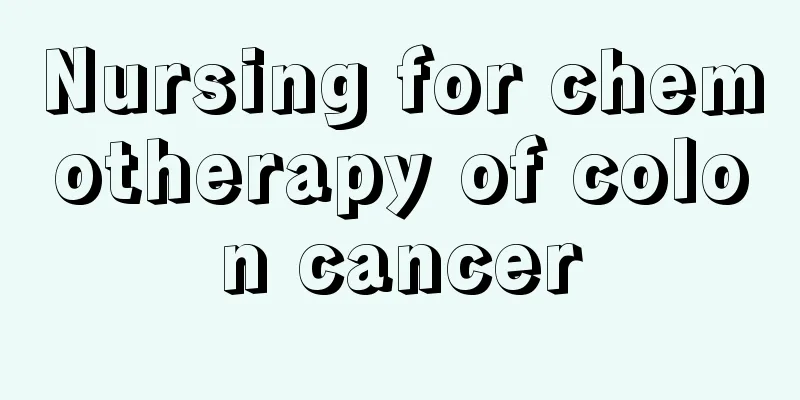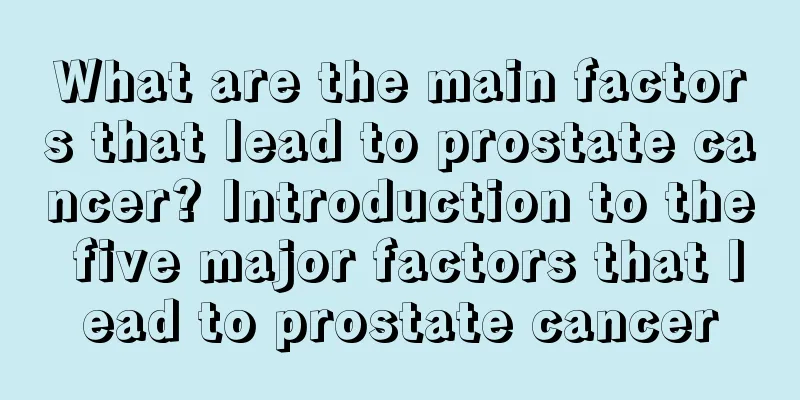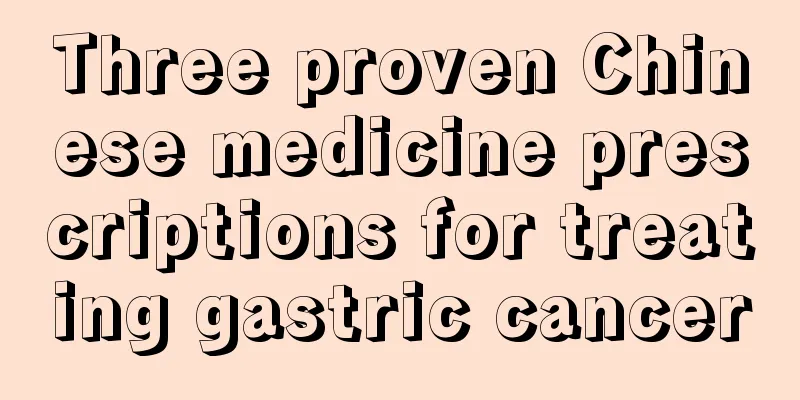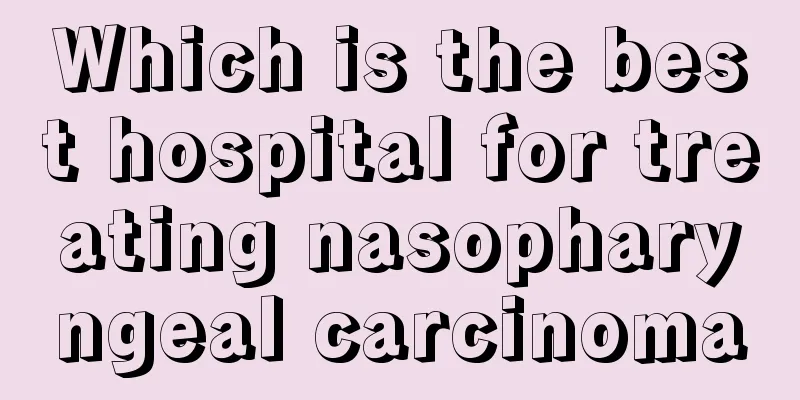Scientific evaluation of chemotherapy for gastric cancer
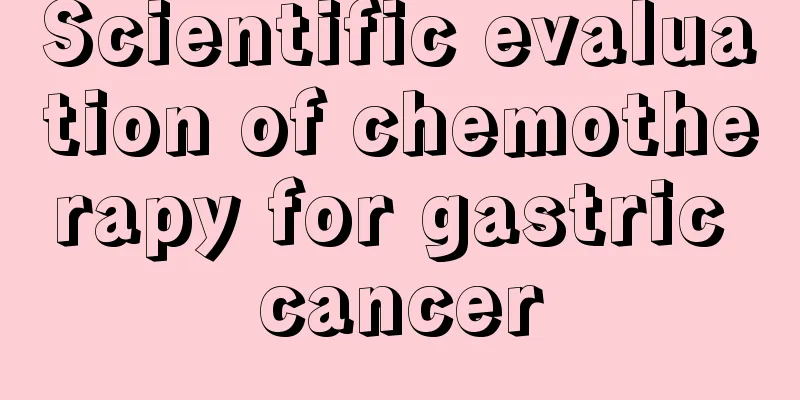
|
Not all chemotherapy for gastric cancer has very good effects. Some chemotherapy may even have little effect on prolonging the patient's life. Moreover, chemotherapy drugs are a considerable expense, which not all families can afford. Therefore, it is extremely important to make a scientific decision on whether to undergo chemotherapy and what the chemotherapy plan should be. And because of the highly different individual behaviors of gastric cancer cells, the same chemotherapy regimen, including targeted therapy, has very different effects. Therefore, it is impossible to accurately determine the targeted chemotherapy drugs. Most studies show that the effectiveness of chemotherapy and targeted therapy is only about 30%. Enduring the pain and expensive medication for 4-6 months only prolongs life by 1-4 months. Even before surgery, these therapies may aggravate the condition of patients who do not respond to chemotherapy but can still be removed, making it difficult to remove. Therefore, we might consider the following points: (1) After evaluation, if the lesion is resectable, surgery should be performed as soon as possible and chemotherapy should be performed after surgery. This can prolong the lives of the 70% of gastric cancer patients who are ineffective with chemotherapy; (2) For lesions with low resection possibility, chemotherapy should be performed before surgery to observe whether the lesions are reduced to a resectable size; (3) For patients who are highly likely to undergo resection as assessed before surgery, if the cancer lesions develop freely for 3 months and will not affect the surgical outcome, preoperative chemotherapy may be considered to understand whether a chemotherapy regimen is effective so that it can be continued or replaced after surgery. (4) If the economic conditions are good, PET-CT imaging examination can be performed before and 2 weeks after neoadjuvant chemotherapy. If the SUV value of the cancer lesion decreases by more than 35%, chemotherapy can be continued for 12 weeks. Otherwise, surgery, changing the treatment plan or giving up chemotherapy should be performed. The above are several aspects to determine whether chemotherapy is needed. The main considerations are the impact of chemotherapy on surgery and whether it is worth using the best chemotherapy drugs in advanced patients who cannot be cured or have relapsed. This depends on the psychological and social interpersonal needs of the patient and his or her family. |
<<: Application of radiotherapy and chemotherapy in the treatment of Hodgkin's lymphoma
>>: Conservative treatment methods for liver cancer
Recommend
The correct way to put your tongue against the palate
Although pressing the tongue against the upper pa...
How long does a 36-year-old need to wear braces?
Braces are the most commonly used device for orth...
How to deal with harmful gases in the room after decoration
New houses generally need to be renovated. After ...
What are the causes of acne on the face?
Many young people will be affected by acne in the...
Treatment of esophageal cancer in the United States
For any disease, it is important to choose the ri...
The scabies has healed but the nodules are still itchy
Generally speaking, some itching symptoms will st...
Which is better, black buckwheat or yellow buckwheat
Buckwheat is a kind of tea, and it is also divide...
Why do onions make people cry
Onion is a very common vegetable in our daily lif...
What should we do if the elderly have blocked blood vessels
As people get older, they are more likely to deve...
Be careful of hematuria and urinary tract irritation causing bladder cancer!
What are the symptoms of bladder cancer? Correctl...
Anal pain when urinating
Anal pain is a common type of anorectal disease. ...
What are the traditional Chinese medicines for fighting liver cancer
No treatment method is 100% effective. This is be...
Tips for glowing skin
Many women have encountered this problem in life....
Medicinal diet to relieve various adverse symptoms of gallbladder cancer
Patients with gallbladder cancer may also experie...
What to do with oily hair? Here are some tips to help you
Oily hair is a very distressing thing that seriou...
